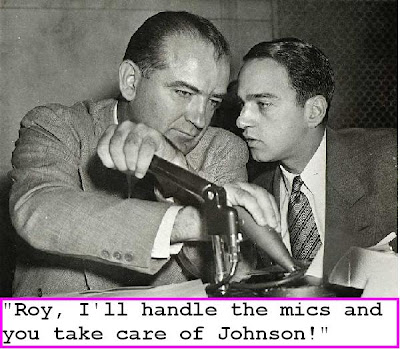
Here are four infuriating facts about the salaries and friendly tax rules that let executive fat cats cash in -- and what you can do about them.
In recognition of the just-completed Labor Day weekend, I'd like to offer a salute to American workers, who the United Nations just reported are second only to Norway's laborers when it comes to productivity.
And now, a bit of bad news for those same workers: You're not getting credit for that productivity. Instead, top executives at your companies are reaping the rewards in the form of increasingly fat paydays.
Here's a quick look at four ways in which workers are being shortchanged by their bosses.
No. 1: The chief executives at the biggest U.S. companies last year made as much money in a single day as the average worker made for the whole year.
No. 2: The managers of the 20 top hedge funds and private-equity shops made more every 10 minutes last year, on average, than the average worker made for the whole year.
The top bosses at the top 20 investment shops earned an average of $657.5 million for the year, according to data cited by the "Executive Excess 2007" report. Renaissance Technologies' James Simons led the way, earning $1.5 billion. Steven Cohen at SAC Capital and Kenneth Griffin at Citadel Investment Group ran neck and neck for second place. Each got $1.2 billion.
"We are back to the gilded age of a hundred years ago," concludes John Cavanagh, the director of the Institute for Policy Studies and a co-author of the report.
No. 3: True, many workers got a break on July 24, when the federal minimum wage was increased to $5.85 from $5.15 -- the first increase in the federal minimum wage in 10 years. But the minimum wage is still 7% below where it was 10 years ago, adjusted for inflation. Meanwhile, CEO pay has gone up 45%, adjusted for inflation, in the same period, according to the "Executive Excess 2007" report.
No. 4: U.S. CEOs enjoy supersized advantages in pensions and perks, too.
Thanks to generous contributions from their companies, CEOs at S&P 500 companies retire with an average of $10.1 million in their supplemental executive retirement plans, according to the Corporate Library. In contrast, only 36% of American households headed by someone over 65 even had a retirement account in 2004. Those accounts had an average value of $173,552, according to the Congressional Research Service.

4 ways you can fight greedy CEOs
What you can do -- Step #1: Contact the SEC and tell them you support the rights of shareholders to use the corporate proxy machine to propose changes in the rules on how board members are elected. "This should be on top of the list," says McGurn. Tell your representatives in Congress, too, since they have the power to influence SEC policy. The case involves American International Group (AIG, news, msgs) and the American Federation of State, County and Municipal Employees (AFSCME), which wants the bylaws change.
What you can do -- Step #2: Tell the regulators and your representatives that you want more detail about what targets CEOs have to hit to increase the size of their paychecks.
Companies hire compensation consultants to help determine how much to pay their executives. The question is whether that advice is objective. For instance, those same consultants try to get business from the companies to advise on their employees' retirement plans. If they give the CEO a healthy pay raise, does that help them land or keep other consulting jobs?
What you can do -- Step #3: Ask the SEC and your representatives to require disclosure of all relationships between compensation consultants and the companies whose executive pay packages they design.
What you can do -- Step # 4: As a shareholder, ask companies to put pay-related reforms to a vote -- or at least be sure to look for pay-related proposals from other activist shareholders and vote "yes."
For example, watch for proposals asking you to vote against excessive golden parachutes, excessive pay packages and the compensation committee reports that justify them, says Hitchcock, who also advises Amalgamated Bank's LongView index funds on how to use shareholder proposals.
Elson says proposals that require majority voting for directors are crucial. This change means that directors have to get a majority of all votes cast to win -- not just the largest number among several candidates. This makes it harder for boards and managers to get a rubber stamp on their favored candidates when the broader shareholder base is apathetic.




























































